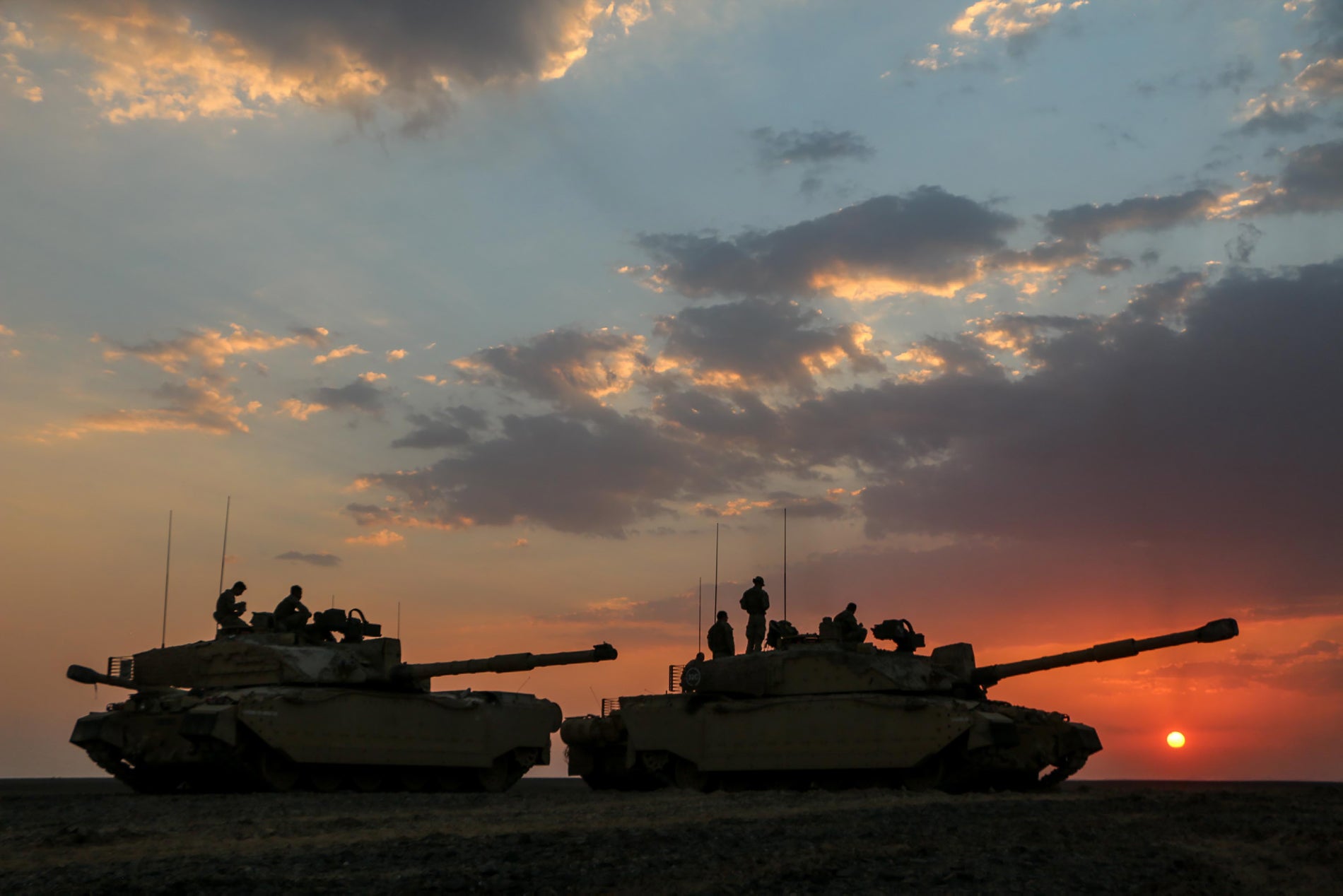
This week, the situation surrounding the UK Government’s Integrated Review remained in doubt, with the Secretary of State for Defence Ben Wallace telling Parliament that the government was still assessing the implications of scrapping the multi-year spending review.
MPs and experts have expressed concern that only funding the Ministry of Defence (MOD) for a year would further postpone long-awaited spending decisions and add to a black hole in the department’s modernisation budget.

Discover B2B Marketing That Performs
Combine business intelligence and editorial excellence to reach engaged professionals across 36 leading media platforms.
Before the Covid-19 coronavirus pandemic struck, the UK had planned to publish the Integrated Review alongside a comprehensive spending review which would have set the MOD’s budget for four years, giving it room to make spending decisions.
On Monday, Wallace told MPs: “The government announced on 21 October that they will conduct a one-year spending review for 2021-22. The implications of that decision for the integrated review are currently being considered. The government will provide an update to Parliament once this has been decided.”
Labour’s Shadow Defence Minister John Healey criticised the confusion around the state of the review, saying: “Is it not the regrettable truth that the Chancellor has cut the ground from under the Defence Secretary and our British forces? The Secretary of State rightly said that previous Tory defence reviews have “failed because they were never in step with the spending plans”.
“They were a cover for cuts, which is why our armed forces are nearly 12,000 short of the strength promised in the 2015 review; essential equipment, from new tanks to the new radar system protecting our aircraft carrier, is long overdue; and the defence budget has a £13 billion black hole. A fully-fledged, fully funded strategic defence and security review is needed now more than ever. What does he say about the failure to deliver on that?”

US Tariffs are shifting - will you react or anticipate?
Don’t let policy changes catch you off guard. Stay proactive with real-time data and expert analysis.
By GlobalDataWallace responded saying that “no one has said yet that the integrated review will be delayed or curtailed” but added that the government was ‘studying’ the implications a one-year spending review would have.
Critical decisions on the future of the UK’s Armed Forces are wrapped up in the Integrated Review, including the future of the British Army’s main battle tank and infantry fighting vehicle (IFV) modernisation programmes. The army is in the final stages of negotiating contracts for the Warrior Capability Sustainment Programme (CSP) and Challenger 2 Life Extension Programme (LEP).
The British Army introduced Challenger 2 into service in 1998, and Warrior in 1984. Decisions on both upgrade programmes would likely have to be put off if the MOD only received a one-year budget.
MP and Chair of Parliament’s Defence Select Committee Tobias Ellwood told Parliament that a one-year funding settlement would make the ‘integrated review next to meaningless’.
He added: “The Prime Minister gave me a direct assurance that the integrated review would not be delayed. If “global Britain” is an instruction and not a strapline, this review is the road map to how we advance our defence posture to support our foreign policy ambitions.
“Any delay to its publication with its full spending commitments will send a poor signal to the world that we are absolutely serious about re-establishing our global credentials and could prompt questions about our justification to retain a permanent seat on the UN Security Council.”
The Prime Minister and the Defence Secretary have reportedly been pushing the Treasury to commit to a multi-year spending plan for defence.
In a paper published by the Royal United Services Institute (RUSI) titled ‘A Reckoning Postponed? The Defence Arithmetic of the Integrated Review’, the thinktank’s deputy director-general Malcolm Chalmers wrote that the decision to ‘abandon’ the multi-year spending review had thrown the Integrated Review into ‘disarray.
Chalmer’s added that for defence, this decision would mean ‘key decisions’ on long-term priorities would have to be pushed back to 2021 or 2022.
Chalmer’s added: “A multi-year CSR, combined with a government committed to a radical foreign and defence policy review, would have provided the MoD with an important opportunity to get in front of these issues in relation to these two major programmes, as in other elements of the forward programme.
“Now that the government has reverted to a one-year Spending Review, it will be harder to close on the key decisions that need to be taken. There is a risk that, despite the hard work that has gone into the 2020 Integrated Review, and the MDP before it, the MOD may have to repeat the exercise with a new Integrated Review (or at least a defence element of it) in summer 2021 or 2022. Such an outcome would not be good for defence, and it is likely to be bad value for money for the taxpayer.”





